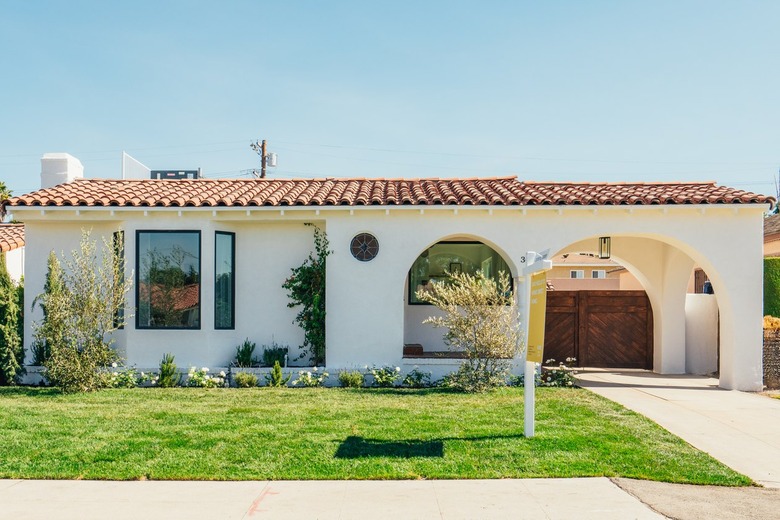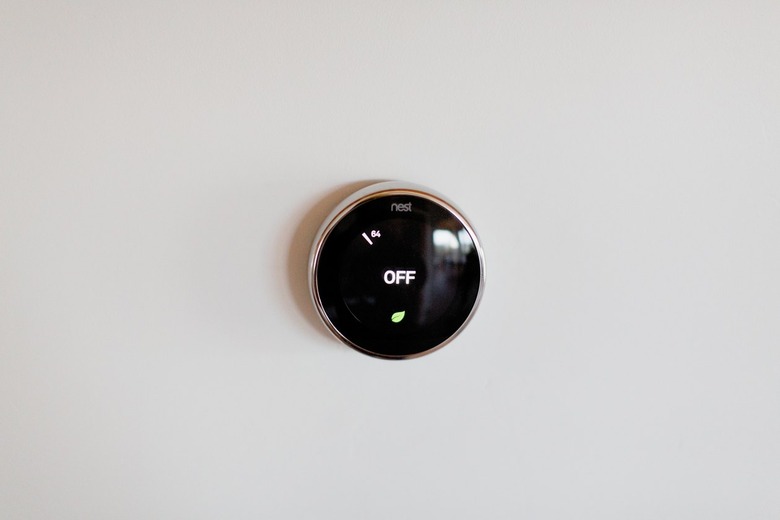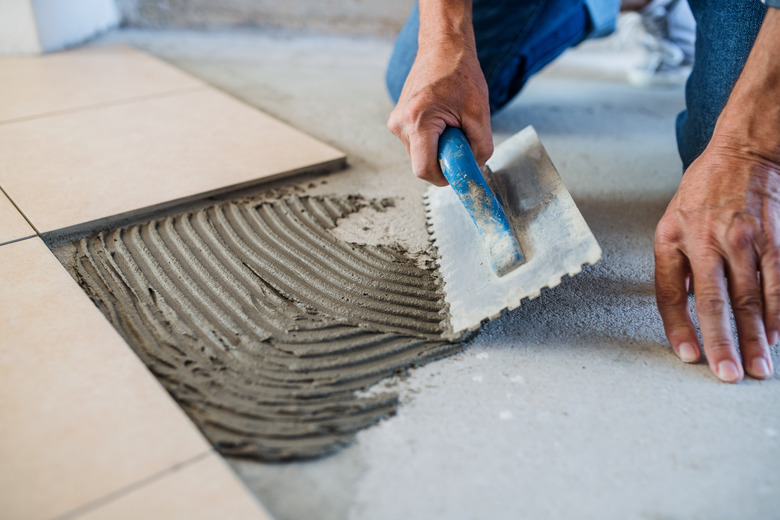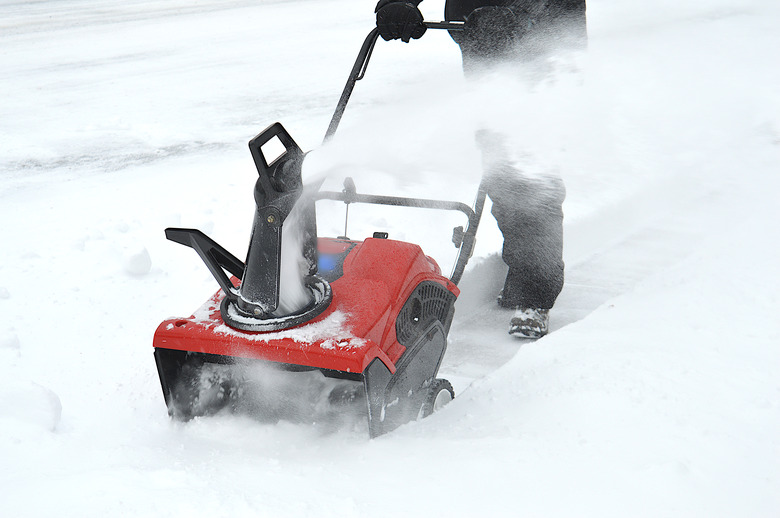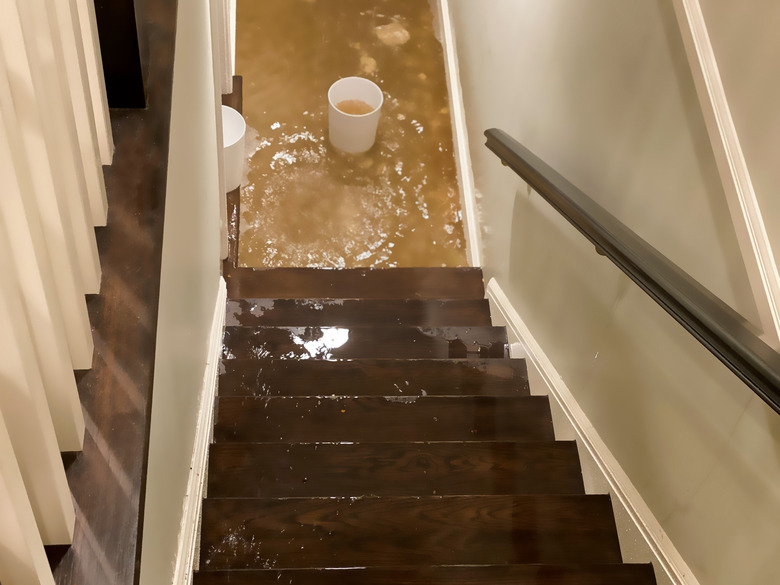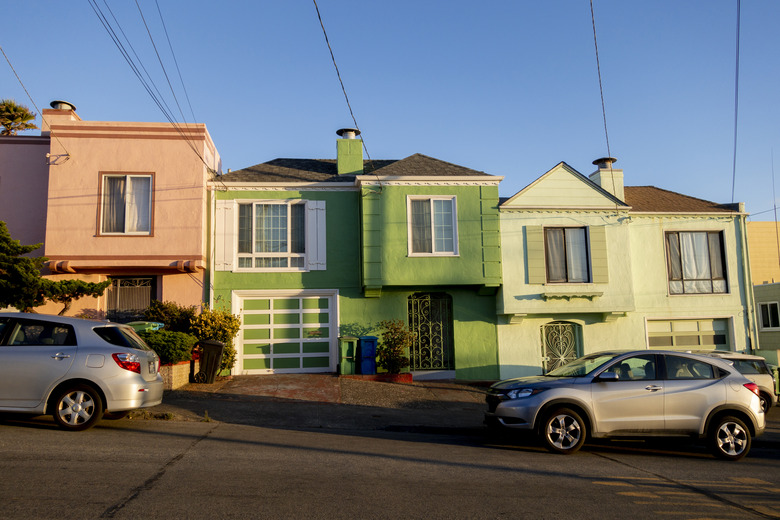6 Unexpected Truths Of Owning A First Home, According To Homeowners
It's a big decision to move on from apartment life and purchase a home. But even if you've carefully considered the amount of space you need and the mortgage payment you can afford, that's just the tip of the iceberg compared to everything else you'll be responsible for as a homeowner.
We asked real homeowners what they experienced when they moved into their first homes from an apartment — and some of the costs and considerations that were easy for them to underestimate or forget about.
1. You’ll Watch Your Utility Bills Soar
1. You'll Watch Your Utility Bills Soar
It's common sense that the more electricity you use, the higher your utility bills will be. But you might not realize how much more energy you're using now that you've moved into a bigger space.
Josh Petrawski, a homeowner and CEO of Sports & Fitness Exchange, saw his utility bills soar when he bought his first home, especially during bouts of extreme weather. "It was a lesson in being mindful of energy usage and finding ways to make my home more energy-efficient," he explains.
2. You’ll Need to Hire Contractors—or Learn DIY Quickly
2. You'll Need to Hire Contractors—or Learn DIY Quickly
Even brand-new homes are not immune to faucets leaking and floorboards creaking. But unlike having a landlord or superintendent's number saved in your contacts list, you'll have to hire your own contractor to fix it—or buy the tools and learn how to do it yourself.
"Although some aspects of having a landlord can be unpleasant, there's nothing like the convenience of having someone else handle the expenses and scheduling of routine repairs," says Todd Saunders, a homeowner and the CEO of FlooringStores.
3. You’re on the Hook for Yard Work
3. You're on the Hook for Yard Work
If there was green space in your apartment community, perhaps you gave a fleeting thought to the work that went into maintaining it, but now your yard demands your full focus.
"The house I moved into after living in an apartment had quite a big backyard, so that multiplied the amount of work," said Miguel Camperos, a homeowner and VP of Operations of SunVara, a gardening and beekeeping supply store. "Additionally, chances are that you either have very few landscaping tools, if any, prior to living in a house, so having to buy all of those things definitely hits the wallet hard."
4. ...and Snow Removal, Too
4. ...and Snow Removal, Too
If you live in an area where you don't see the white stuff in winter, count yourself lucky as a homeowner. Otherwise, start scoping sales on shovels and snow blowers. Now that you no longer can rely on an apartment building maintenance crew, it's you who's heading up snow removal duty.
You can't avoid it by staying in until it all melts, either. Depending on where you live, you might be required by law to clear your sidewalks to provide safe access to pedestrians. Property owners in New York City, for example, have to abide by strict timelines for shoveling ice and snow from their sidewalks unless they want to risk hefty fines.
5. You’ll Need an Emergency Fund
5. You'll Need an Emergency Fund
Any surprises that pop up for homeowners are often more expensive than exciting. As many a hapless homeowner has discovered, when one appliance conks out, there's a good chance another one is next in line. That's why it's always a good idea to save for the proverbial rainy day.
"New homeowners should absolutely build emergency repair funds into their budget since even simple fixes can be more expensive than you think," says Saunders.
Erin Nutter, a homeowner who runs The DIY Nuts blog with her husband, recalls how shocking it was for them to discover just how expensive the "non-fun things" were when they moved into their starter home. "From calling a plumber to getting a new roof, the expenses can add up — and they aren't necessarily the fun things you want to spend the money on," she says. "As a homeowner, you have to accept that a new roof is needed more than remodeling a room just because you don't like how it looks."
6. You’re Tied to the Location—At Least for a While
6. You're Tied to the Location—At Least for a While
Perhaps you've bought a "starter home," not your "forever home." If so, packing up and leaving for a new place isn't as easy as it once was — at least in hindsight — when you had an apartment lease. Now, unless you have an extensive budget and can take on a second mortgage payment, you'll likely have to sell your home before moving.
"Renting provided a certain level of flexibility and mobility that I sometimes long for," said Petrawski.
Homeownership Is a Wild Ride
Homeownership Is a Wild Ride
It's not just a mortgage payment that launches you into full "adulting" mode. It's the hefty responsibility that comes with being the owner of your own domain.
"Perhaps the most daunting thing about moving from an apartment to a house is the sheer amount of responsibility it requires," says Martin Orefice, CEO, Rent To Own Labs. Everything is your responsibility now, from routine maintenance to fixing or replacing things when they break. This goes beyond a leaky faucet or temperamental toilet. Now you're on the hook for bigger and even more crucial components of your house, he explains, including the roof and siding—two things you never had to give a second thought to as an apartment renter.
"It's easy to feel incompetent in these situations," Orefice says. "Be patient with yourself, do your best, and try to learn a little more each year."
